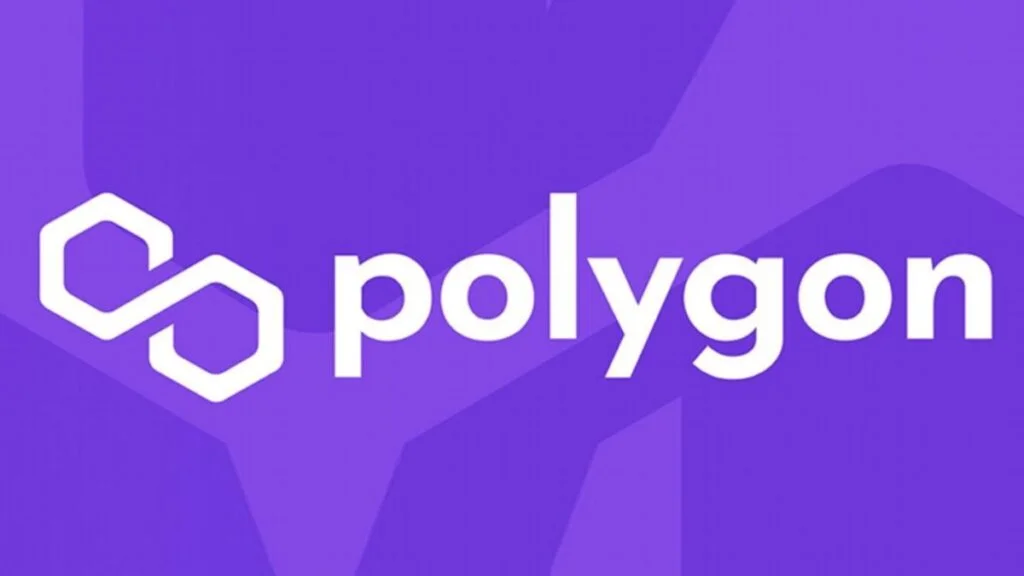Polygon has accused zero-knowledge rollup zkSync of copying its code without attribution and in the process, made some false claims about the original work.

Zero-knowledge rollup zkSync, which recently achieved notable milestones, has been charged by Polygon for duplicating its code without acknowledgment and, in the process, making certain false claims about the original work.
Plonky2 and Starky, two Zero-Knowledge (zk) proof systems that are renowned for being extremely quick were developed by Polygon protocol. Any developer interested in creating a ZK L2 must have both Plonky2 and Starky.
They began to develop when the business was only just getting started and went by the name Mir. When they were finished, their libraries were made available under a permissive MIT/Apache license as part of the company’s strategy to be both a net contributor and a recipient of other people’s hard work.
The ecosystem expanded due to numerous developers starting to work on and enhance Plonky2. It was recently discovered that Matter Labs, the company behind zkSync, had released a program called Boojum.
Some of its source code is copied and pasted from performance-critical Plonky2 library components. There was no mention of the original author or the original work in the claimed copy-paste.
Once more, Matter Labs’ founder Alex Gluchowski made the audacious assertion that Boojum is more than 10 times faster than Plonky2. Polygon says this action goes against the open-source philosophy and worsens the ecosystem.
Software can be built in the open by utilizing the teamwork of various community members and combining their skills and knowledge for the ecosystem’s growth.
Usually, anybody can use, modify, or even distribute open source codes as long as they remember to give credit to the code’s developer. Additionally, anyone who intends to reproduce such codes will need to do so in good faith and without making false claims about how they work as marketing gimmick.
To put it in perspective, Polygon mentioned that “open source development is a zero-sum game and open source projects are resources to be exploited.” Open-source ecosystems, however, would be more effective if participants were net contributors rather than net extractors.
